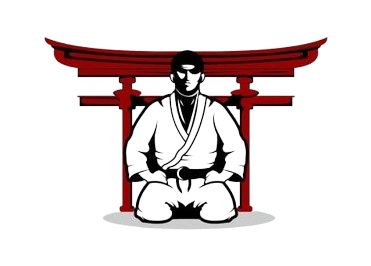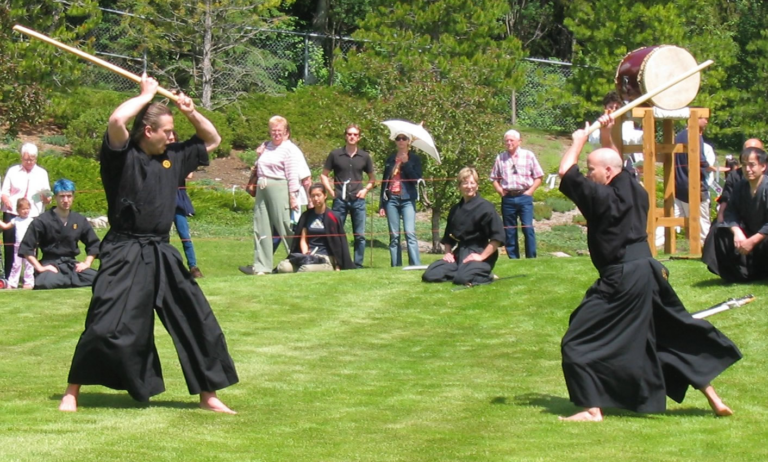The Philosophy of Martial Arts: Mind, Body, and Spirit Integration

Martial arts is not merely a physical discipline but a holistic philosophy that seeks the integration of mind, body, and spirit. This article delves into the profound philosophy that underlies martial arts, emphasizing the interconnectedness of mental, physical, and spiritual aspects in the journey of self-discovery and personal growth.
I. Mind: The Cognitive Dimension A. Focus and Concentration: Martial arts instill a heightened sense of focus and concentration, requiring practitioners to be fully present in the moment during training and combat. B. Mental Discipline: The philosophy emphasizes mental discipline, promoting qualities such as perseverance, resilience, and the ability to adapt to changing circumstances. C. Zen and Mindfulness: Many martial arts traditions incorporate Zen philosophy and mindfulness practices, fostering mental clarity and a calm, centered mindset.
II. Body: The Physical Dimension A. Physical Fitness: Martial arts serve as a rigorous physical activity, promoting cardiovascular health, strength, flexibility, and overall fitness. B. Techniques and Precision: Practitioners hone specific techniques with precision, requiring a deep understanding of body mechanics and movement. C. Health and Well-being: Martial arts philosophy places importance on maintaining a healthy body, recognizing the symbiotic relationship between physical well-being and mental clarity.
III. Spirit: The Spiritual Dimension A. Ethical Principles: Martial arts are grounded in ethical principles such as respect, humility, and integrity, encouraging practitioners to embody these values in their daily lives. B. Connection to Nature: Some martial arts philosophies draw inspiration from nature, emphasizing the interconnectedness of all living things and promoting a sense of harmony. C. Personal Growth: Martial arts provide a platform for personal growth, allowing practitioners to explore their inner selves, confront challenges, and develop a resilient spirit.
IV. Integration: Achieving Harmony A. Flow State: The concept of “mushin” or “flow state” encapsulates the harmonious integration of mind, body, and spirit during martial arts practice, enabling spontaneous and effective action. B. Balance in Technique and Ethics: Achieving mastery involves balancing technical proficiency with ethical considerations, ensuring that martial skills are used responsibly and with respect. C. Lifelong Journey: The philosophy of martial arts sees the journey as a continuous process of self-improvement, with practitioners striving for a harmonious integration of mind, body, and spirit throughout their lives.
Conclusion: The philosophy of martial arts transcends physical combat, offering a profound framework for personal development. By harmonizing the mind, body, and spirit, practitioners embark on a transformative journey that goes beyond the confines of the training mat. Whether in the pursuit of self-discovery, physical excellence, or spiritual enlightenment, the philosophy of martial arts serves as a guide for cultivating a balanced and fulfilled life.



